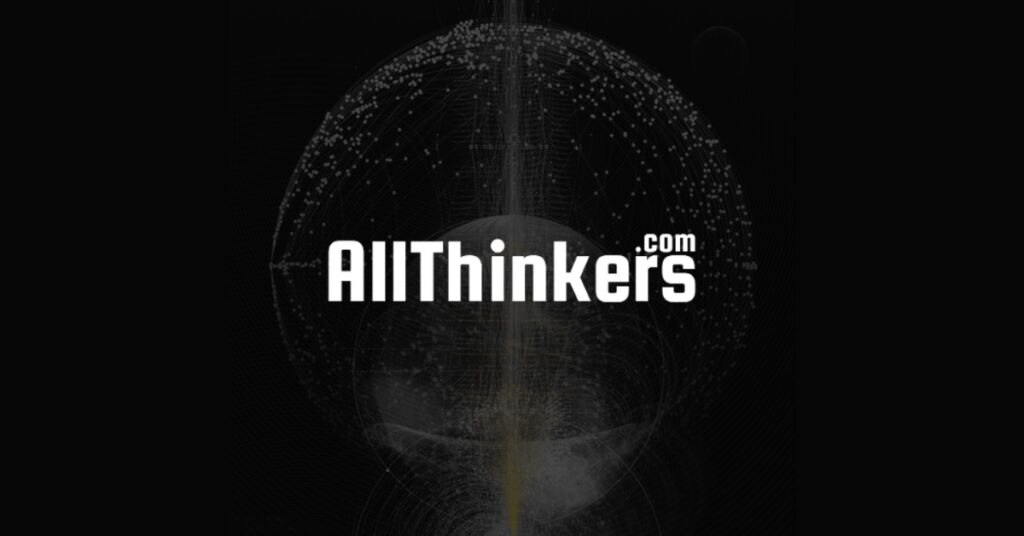I. Beyond Techtopia – Reclaiming Humanity in the Smart City Through an AllThinkers Lens
Imagine a smart city where technology seamlessly integrates into the fabric of daily life, not just to optimize traffic flow or energy consumption, but to enhance the well-being of its citizens, foster genuine human connections, and create a thriving, sustainable environment. This article outlines an approach by the AllThinkers community to realizing this vision, emphasizing our collective intelligence and commitment to ethical considerations as crucial for creating truly harmonious smart urban environments. We believe that by focusing on human-centered design, connected communities, environmental harmony, and robust ethical frameworks, we can move beyond a purely technological utopia and build intelligent metropolises that truly serve the needs and aspirations of all.
II. Designing for Flourishing: Putting Humans at the Center of Smart Tech
At its core, the smart city should be designed with people in mind. Technology must serve as a tool to enhance human experience, making urban living more intuitive, accessible, and fulfilling for everyone. This requires a deep understanding of diverse needs and the creation of interfaces and services that are user-friendly for all ages and abilities. Data and technology can be powerful allies in understanding and improving citizen well-being and mental health, providing access to resources and optimizing urban spaces for human flourishing. Crucially, smart city development must incorporate robust feedback loops, empowering citizens to actively shape the initiatives that impact their lives and ensuring that technology truly serves their needs.
III. Cultivating Connection: Building Community in a Digital Age
While smart cities are inherently technology-rich, they must also be places where human connections thrive. Digital platforms can play a vital role in fostering community engagement, facilitating local networking, and enabling shared activities that bring people together. However, the design of smart urban environments must also prioritize physical interaction, creating vibrant public spaces that encourage face-to-face encounters and serendipitous connections. The challenge lies in leveraging technology to bridge distances and enhance communication without inadvertently leading to social isolation, ensuring that the intelligent metropolis remains a place of genuine human interaction.
IV. Eco-Urban Harmony: Building Sustainable Intelligent Cities
Sustainability is not just a desirable feature of a smart city; it is a fundamental imperative for long-term well-being and planetary health. Intelligent technologies offer immense potential for creating environmentally harmonious urban environments. Smart grids can optimize energy consumption and facilitate the integration of renewable sources. Intelligent transportation systems can reduce traffic congestion and lower emissions, improving air quality and public health. Data-driven solutions can revolutionize waste management, conserve precious water resources, and effectively monitor and control pollution. Integrating nature and expanding green spaces within the urban fabric are equally crucial for creating a truly sustainable and livable smart city that exists in harmony with the environment.
V. Ethical Frameworks: Guiding Principles for a Harmonious Future
The deployment of advanced technologies in smart cities necessitates robust ethical frameworks that prioritize fairness, transparency, and respect for individual rights. Principles of data privacy and security must be paramount, ensuring that citizens’ information is protected and used responsibly. Vigilance against algorithmic bias is essential to guarantee equitable access and outcomes for all residents, preventing technology from exacerbating existing inequalities. Transparency and accountability in the decision-making processes that govern smart city development are crucial for building trust and fostering citizen participation. Ultimately, the future of the harmonious metropolis hinges on establishing clear ethical guidelines that respect human dignity in an increasingly data-driven urban landscape.
VI. Global Visions, Local Roots: Contextualizing Harmony in Marrakesh and Beyond
The principles of harmonious smart city development must be adapted to specific local contexts, respecting diverse cultural values, addressing unique urban challenges, and leveraging local knowledge and innovation. What works in one city may not be suitable for another. In a place like Marrakesh, for example, integrating traditional urban design principles with modern technologies, respecting cultural heritage while embracing innovation, and addressing specific environmental concerns like water scarcity are crucial considerations. The AllThinkers community, with its global reach, can foster a valuable exchange of ideas, comparing and contrasting different approaches to create context-aware and culturally resonant smart city solutions worldwide.
VII. A Collaborative Path to the Harmonious Metropolis
Creating truly harmonious smart cities requires a holistic and human-centered approach, driven by collaboration and a shared vision for a better urban future. The AllThinkers community is committed to contributing its diverse perspectives and innovative ideas to shape this future, ensuring that our intelligent metropolises are not just technologically advanced, but profoundly human places where all can thrive.


